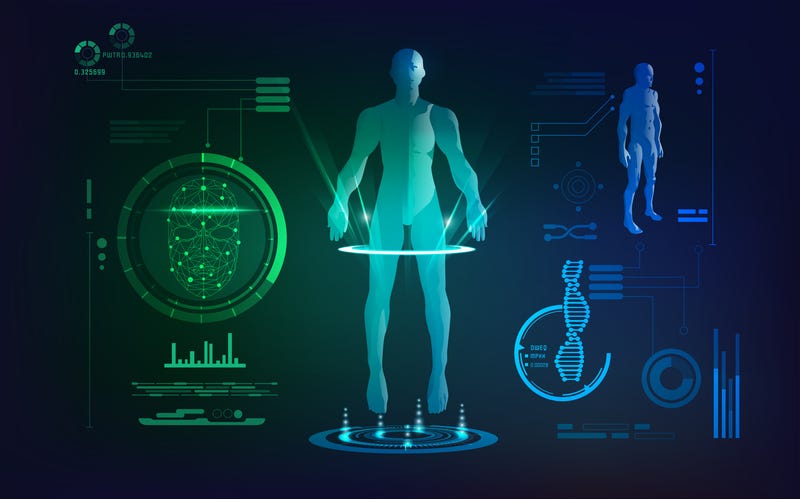BIOS: Nucleus of Life Science Innovation 🚀
JOBS
BIOS Talent: Find Jobs @ Breakout TechBio Startups — Search Jobs 🚀
Post Jobs: Add Your Startup to BIOS Talent — Post Now 🎉
Students: Join Alix Ventures Fellowship — Join Now 🧬
BIOS Contributor: Share Your Thought Leadership — Join Now🔬
CONTENT & COMMUNITY
BIOS Daily: Join 25K+ Subscribers Following TechBio — Sign Up 🔥
BIOS Insider: Premium TechBio Thought Leadership — Sign Up ✨
BIOS Commons: World’s Largest #TechBio Community — Join Now 🎉
INVEST
BIOS Angels: 1st TechBio Angel Investing Syndicate — Join Now 🌟
Alix Limited: Invest in Breakout TechBio Startups — Learn More 🧠
By:
Alix Ventures: Supporting Early Stage Life Science Startups Engineering Biology to Drive Radical Advances in Human Health
Overview
A combination of glaring inefficiencies in the clinical trials space – rising trial costs, enrollment + retention challenges, and patient compliance – coupled with the rise of AI-based tech provides a niche ripe for disruption. This deep dive explores a number of different applications of AI in the trial space, though unlike traditional pharma ventures, firms in this space aren’t tied to a single biological asset, but rather a technology that can be adapted to a number of uses.
Precise market estimates are wanting, particularly because of the relative recent and pre-revenue nature of the field. The success of underlying technologies to make redundant existing processes in the trial space will greatly determine the total market value, though this is a field likely to grow at a significant CAGR vis-a-vis others. Though the techniques used in this field are vast – from NLP to image recognition – the industry faces two key challenges: 1) bridging the gap between promise and proof through robust, large-scale clinical trials and 2) meeting regulatory requirements in an environment where methodologies are opaque.
The market sees a healthy mix between established firms and start-ups: existing big tech and pharma (Alphabet, IBM, Johnson & Johnson) can leverage their expertise with data and/or trials to create a viable product marketable to a large audience, while low barriers to entry and easy access to money make start-ups compelling entries too. Overall, success is likely to be found in firms with inherently strong (and multi-functional) founding teams and underlying technology assets.




